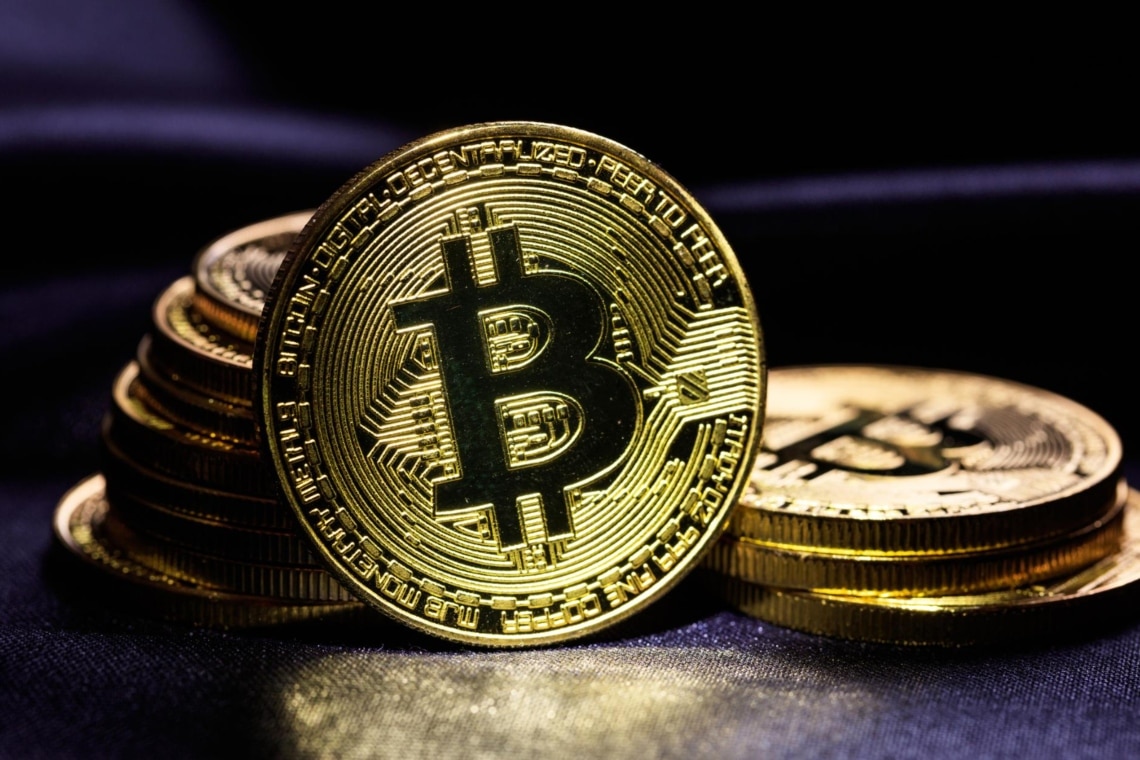Grayscale Investments is considering whether to return some of the principal of its Grayscale Bitcoin (GBTC) to investors, due to the US SEC’s continued rejection of the spot Bitcoin ETF.
Summary
Bitcoin ETF: Grayscale’s letter to investors
In a letter sent to its investors, Grayscale Investments said it may return some of the principal of its Grayscale Bitcoin (GBTC) if the Securities and Exchange Commission (SEC) refuses to approve the spot Bitcoin ETF.
Grayscale may return 20% of investor capital if the SEC continues to reject spot #Bitcoin ETF – Coindesk 🤔
— Bitcoin Archive (@BTC_Archive) December 19, 2022
The well-known digital currency asset management company has yet to obtain approval from the SEC to convert its Bitcoin fund into an Exchange-Traded Fund (ETF).
For this very reason, the option Grayscale could offer is an auction for up to 20% of the outstanding GBTC shares, which currently trade at a 49% discount to net asset value (NAV).
This announcement by Grayscale CEO Michael Sonnenshein is meant to ease shareholder concerns after the last turbulent month for the cryptocurrency sector caused by the collapse of FTX.
After the announcement, GBTC shares rose 4.1% Monday morning, as opposed to BTC, which had a price dump at the same time, dropping from $16,600 to $16,400.
Bitcoin ETF: Grayscale vs SEC
It was June 2022 when the SEC announced its decision to reject Grayscale’s application for spot Bitcoin ETFs.
In an 86-page document, the US regulator had informed that the crypto asset management company was not answering all the questions the agency had asked about preventing market manipulation.
Yet the same concerns are offered by Bitcoin futures ETFs, which have nevertheless been approved by the SEC.
In fact, Grayscale, not accepting this rejection, sued the SEC, demanding that its decision be reviewed. Not only that, the company allegedly called the SEC’s behavior arbitrary, capricious and discriminatory.
Specifically, Grayscale would like to succeed in converting its $12 billion GBTC fund into a Bitcoin ETF, but apparently, this institutional refusal is also hurting the 850,000 investors who already own GBTC.
The refusal to release on-chain evidence of crypto stocks
Nowadays, the collapse of FTX has prompted all centralized crypto exchanges to work on issuing their own Proof-of-Reserve webpage that guarantees that funds held by users on the platforms are covered by reserves.
In this regard, Grayscale, which uses Coinbase Custody as its capital custodian, had to follow the crypto company’s choice to claim that it has reserves for all funds it holds, but without showing the addresses of the wallets.
In practice, Coinbase Custody did not want to publish the evidence. Grayscale, in doing so, reportedly justified itself to its investors, stating that the crypto exchange often performs “on-chain validations,” and that sharing proof of their reserves could cause security risks.
Certainly, after Sam Bankman Fried was arrested, the words of an investment company as collateral no longer carry much weight. Users need more transparency about the liquidity of the platforms they use.
Coinbase and crypto companies all up against the SEC
Last October, backing Grayscale’s mission against the SEC for approving its Bitcoin ETF was Coinbase. And indeed, the crypto-exchange reportedly filed an amicus brief against the regulatory agency.
An amicus brief is one filed by a company or organization or individual that is not involved in a court proceeding but believes it can offer its expertise to prevail in a court case.
Coinbase reportedly filed its brief in the federal district court in Columbia, claiming that the SEC has implemented a real persecution against spot products in Bitcoin.
Thus, this is a general behavior that the SEC would have precisely against Bitcoin ETFs, after that in addition to Grayscale’s, it also rejected other applications, including the one submitted by Wisdomtree as well.
However, Coinbase is not the only crypto company to have taken action. The Blockchain Association, the Digital Chamber of Commerce, and the Coin Center have also moved, all in support of Grayscale’s mission.
Specifically, the Blockchain Association includes Circle, Jump, Kraken, and Ripple, while the Digital Chamber of Commerce counts Binance.US, Citigroup, Fidelity, Goldman Sachs, and Mastercard among its members. Coin Center, on the other hand, is an institute for education and research on public policy issues related to the crypto sector.




